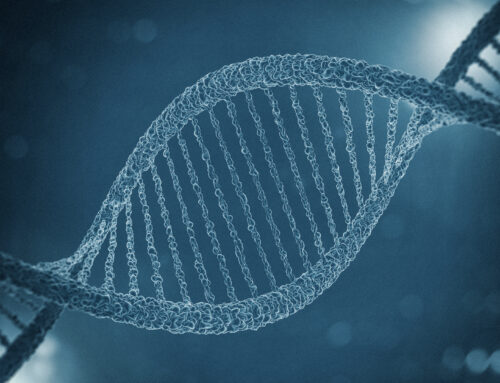
You might be looking into genetic carrier screening but, if you’re under the age of 60, there’s a good chance you’ve already had a different kind of genetic test before.
How? Nearly every baby in the United States receives genetic screening within 48 hours of birth.
Newborn screening has several differences from carrier screening. But they both provide parents with information to help them have healthy children. In Illinois, the newborn screening panel currently includes more than 60 early-onset diseases and guides doctors toward quicker treatment of them.
The list of conditions is regularly growing. In late June, the screening test issued by the Illinois Department of Public Health added spinal muscular atrophy (SMA). The Recommended Uniform Screening Panel, a list of conditions recommended to states by the federal government, added SMA to its panel in 2018. Thirty-one states now screen for SMA, a disorder characterized by the child having weak muscles and loss of muscle control.
For many genetic disorders included in newborn screening panels, therapy and treatment can begin right away. For SMA in particular, early therapy can effectively prevent the loss of motor neuron cells. Dr. Mary Schroth, the chief medical officer for Cure SMA, says parents “ need to think very quickly about which of these treatments is most appropriate…without a lot of time to think about what to do” after their newborn’s diagnosis.
Fortunately, carrier screening prior to or early in pregnancy can help parents-to-be anticipate what disorders their child(ren) may face earlier on in the process, giving them more time to make informed decisions. Unlike newborn screening, carrier screening panels test adults to see whether they are carriers of genetic mutations that cause certain conditions. If both parents are carriers for same recessive genetic mutation – for this example, the one that causes SMA – each of their children has a 25% likelihood of having SMA, a 50% chance of carrying the SMA-causing mutation without health effects, and a 25% chance of not carrying the mutation at all.
The American College of Obstetricians and Gynecologists recommends that women who are considering pregnancy or are pregnant have carrier screening for SMA, cystic fibrosis, various hemoglobinopathies, fragile X syndrome, and Jewish genetic diseases including Tay-Sachs disease. Screening is especially important for those with European Jewish ancestry, as many conditions occur more frequently in those individuals. In fact, screening can test for hundreds of genetic diseases tailored to an individual’s family health history and ethnicity.
Carrier screening provides carrier couples more time to assess their family planning options. Newborn screening also helps identify babies with serious illnesses. While both tests are crucial to bringing a baby into the world, carrier screening is not always offered to individuals planning for a family. Do not rely on the newborn screening alone, consider talking to a doctor or a healthcare provider to discuss carrier and newborn screening when family planning.
To learn more about the Sarnoff Center’s affordable, accessible carrier screening program or to speak with a genetic counselor, visit Jewishgenetics.org/get-screened or contact us at [email protected]


